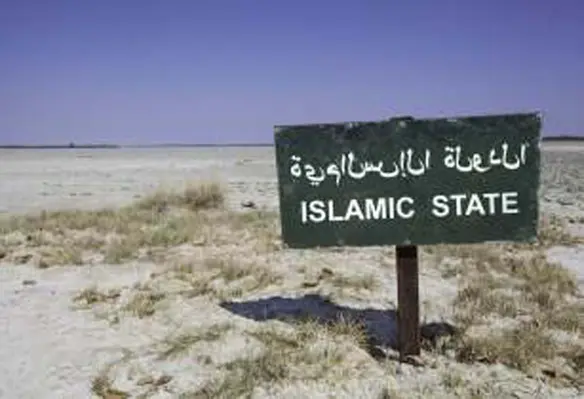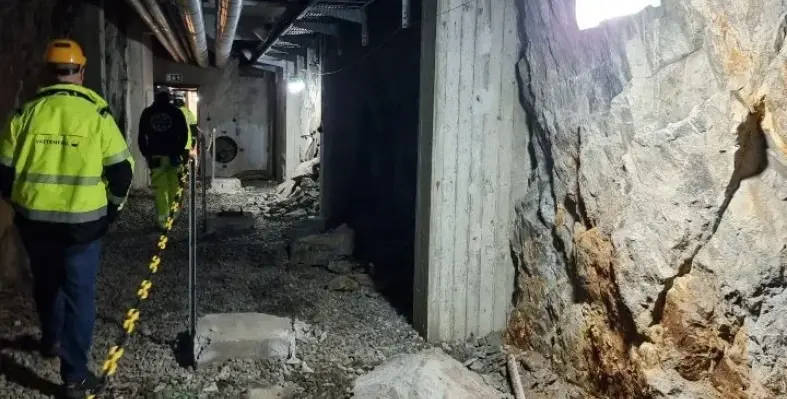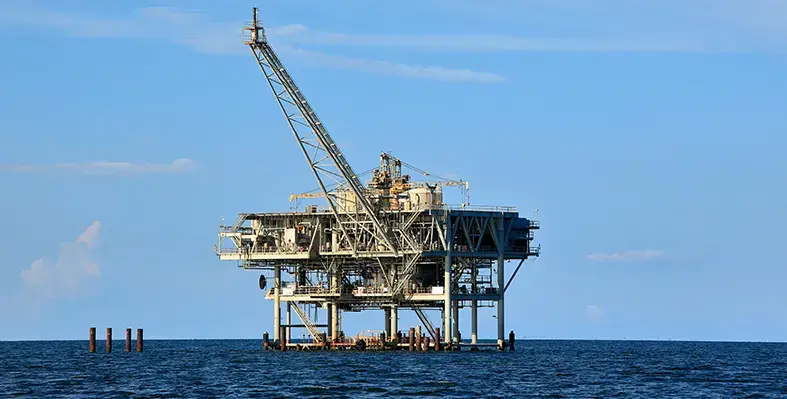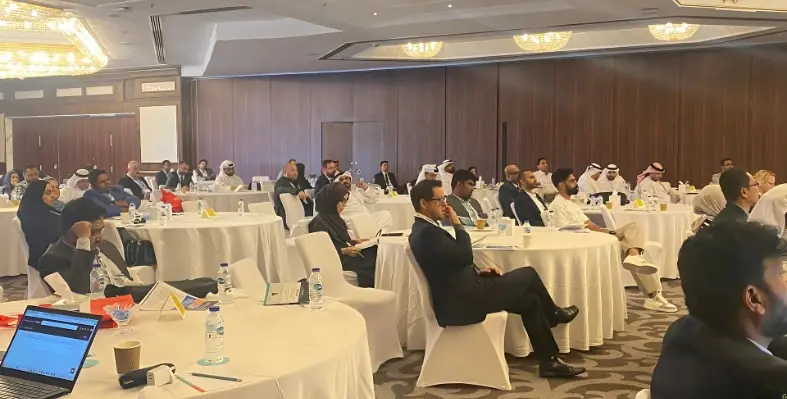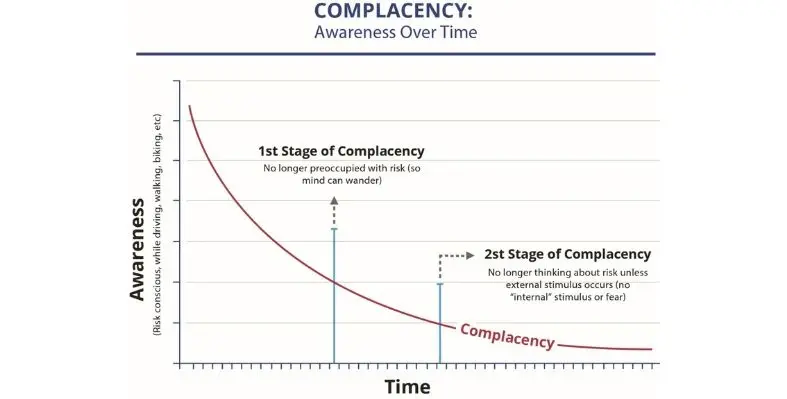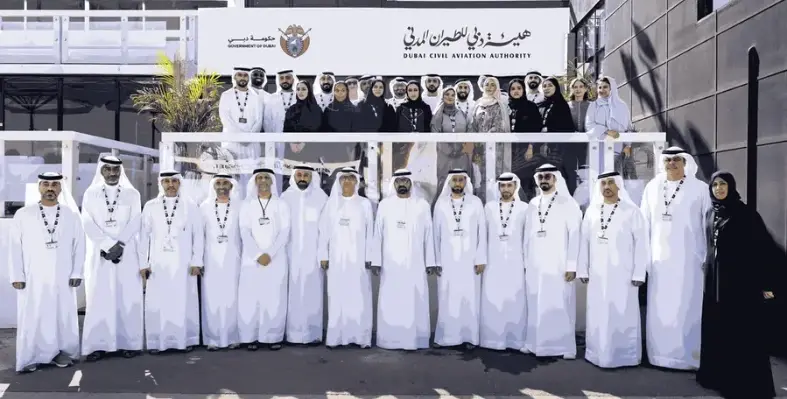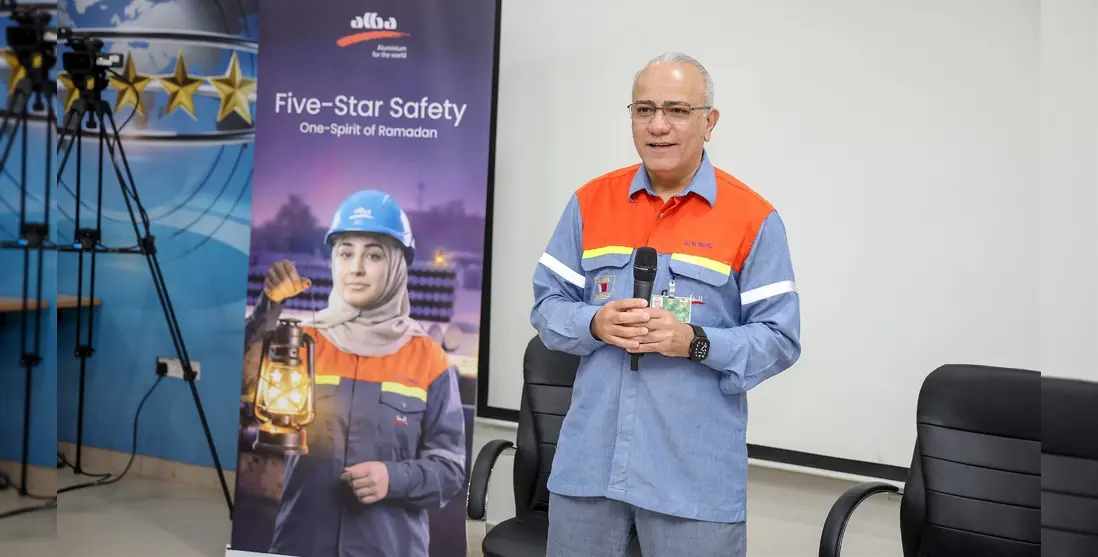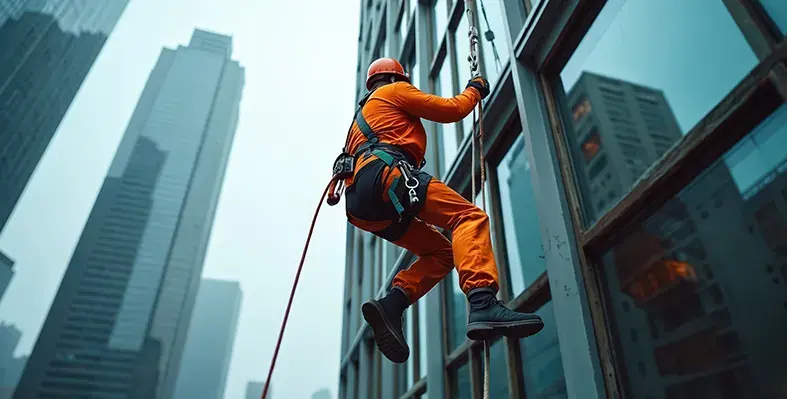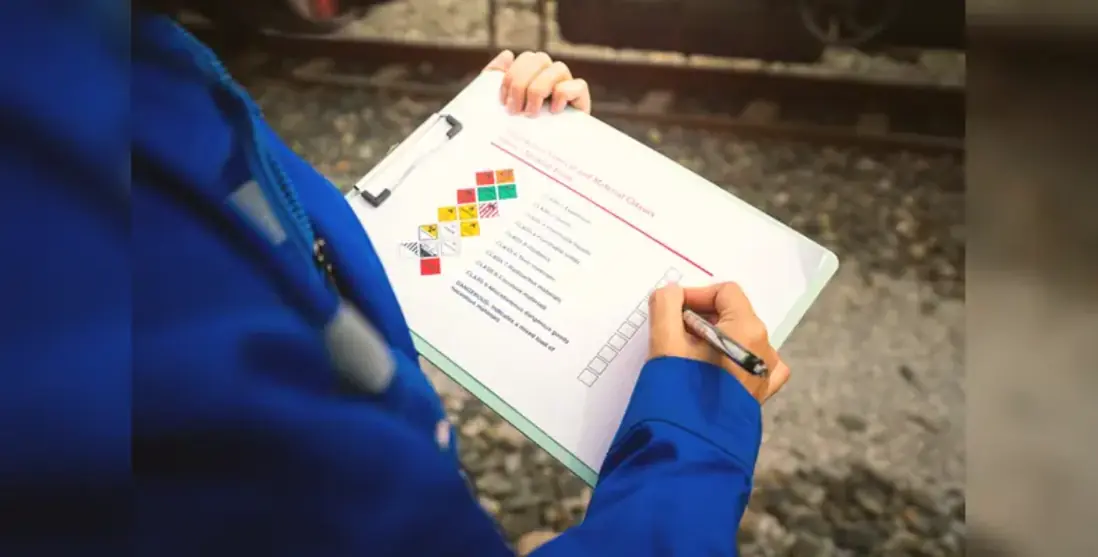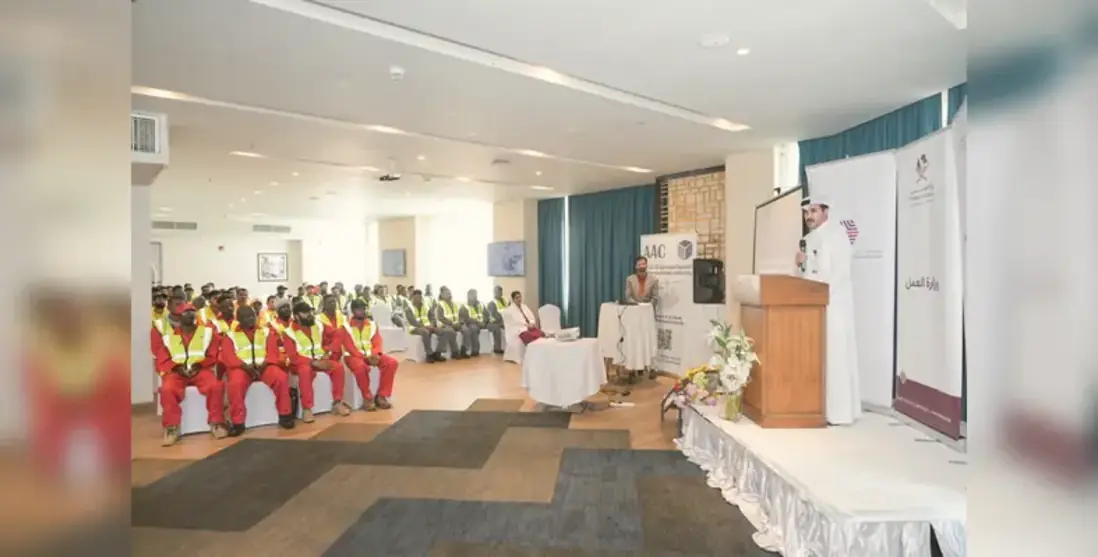Security challenges facing the Gulf’s oil sector – from terror attacks and piracy to cyber crime – call for cool heads and clear planning
The glut of challenges facing the Gulf’s rich oil and gas sector come in all shapes and forms, from maintaining the integrity of critical equipment, and the management of fire and other hazards, through to the protection of field workers.
On the security side alone, these threats can range wildly, from armed raids by gun toting militants to cyber attacks initiated on the far side of the world. Both have equal potential to wreak havoc, disrupt production and cause huge losses.
Even on the high seas during the transit of oil products, piracy is a persistent threat in certain hotspots around the world, among them the dense shipping lanes off Yemen that run into the Red Sea and on towards the Suez Canal. It means all operators, service companies and shippers – and the expert teams of specialist contractors they employ – must maintain a near constant state of vigilance to protect the region’s hydrocarbon wealth. Indeed, security planning for threats to upstream fields and all others installations calls for cool heads and a close attention to detail.
Given the current wave of hostility in the region, within Syria and northern Iraq engulfed in conflict, these are attributes that are perhaps more in demand than at any other time in the region’s history.
IT security
On the technology side, there are multiple layers of security systems designed to maintain the integrity of digital energy assets from cyber attack.
An example of this kind of threat was highlighted in 2012 when Saudi Arabia’s oil industry was a target for hackers and the Stuxnet computer virus. Though production was not affected, the attack caused mayhem in the offices of Saudi Aramco for weeks, infecting the hard drives of over 30,000 computers, overwriting and destroying data.
At the time, experts called it a ‘wake up call’ for the industry, a harbinger of a new age of cyber warfare. And such threats continue to grow, according to industry analysts. Control Risks Group’s RiskMap 2015, which highlights emerging security trends facing multinationals, says weak law enforcement in parts of the world is encouraging more cyber crime.
It also notes that terrorists and activists are using common platforms.
“Supply chains are likely to be a more prominent target of cyber attack,” it notes.
Cyber warfare
These are things that national oil companies, such as Aramco, and the multinationals, must tackle head on. What’s clear is that the array of threats appears to be getting ever more diverse, sophisticated and potent, however.
“Increasing technological sophistication and weak state power will combine to render the threat from cyber attack, kidnap and terrorism more severe,” CRG says in its RiskMap 2015 introduction.
“How one deals with the inevitable attack, as opposed to how one stops it, will become the key question.”
So, if attacks are ‘inevitable’ in some locations, what can industry do about it?
Just as the oil industry and cyber criminals have matured in terms of technology, so too have the state-of-the-art solutions that can help to counter the threat. It is a common trend in the financial markets too, where the integrity of data - which could be moving trillions of dollars at any given moment - is equally vital.
Keeping communication lines open in times of crisis is one primary objective for oil firms.
Leading players in this area include the likes of Global Security Network (GSN) and Send Word Now, both communications specialists which took part in the recent 4th Gulf and Middle East Oil & Gas Security 2015 Summit.
US-based Send Word Now provides critical support to ensure communication when it’s needed most. Its web-based emergency notification and mobile apps are used by businesses, government and other agencies the world over.
GSN, a UAE-based, French-owned company, which also took part in the Cyber Defence Summit 2015 in Riyadh in March, has a suite of IT solutions. Its customers include internal security, military, law enforcement, and, of course, the oil and gas industry.
Multiple risks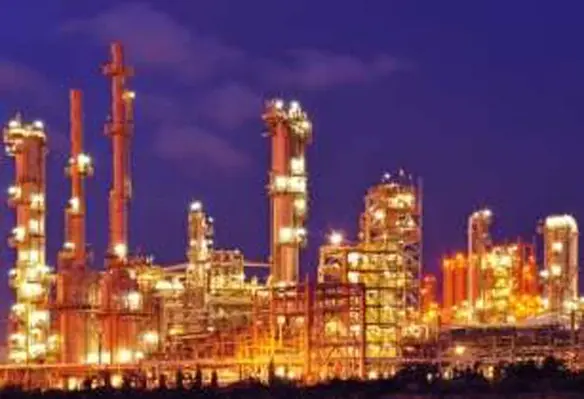
The prevalence of IT security events across the Middle East to counter hackers shows this is a growing concern to all, notably the host governments, not just the energy sector. Sometimes, however, the threats facing oil and gas companies, both upstream and downstream, are far more obvious and dramatic, and violent.
The hijack of VLCC tankers is a global news event, as was the nightmare scenario encountered in Algeria two years ago when gunmen stormed BP’s In Amenas gas field. The attack, and the ensuing gun battles that followed Algeria’s decision to retake the field by force, resulted in the deaths of dozens of oil workers and militants.
Vital lessons have been learned from these incidents, although, as with anything in the security field, there can be no guarantees. Some territories, such as strife-torn Yemen, have long had to navigate these challenges. But others, notably Syria and parts of Iraq, are also now mired in conflict.
The decision by jihadists from Islamic State of Iraq and the Levant (Isil) to torch the Baiji oil refinery, which once produced around a third of Iraq’s domestic fuel supplies, underlines the fragility of the assets themselves.
Boots on the ground
More worryingly, collapse into full-scale sectarian violence in Iraq is a genuine risk, say analysts like CRG. It says with Isil unlikely to be defeated by airstrikes alone and no credible ground forces available, a lasting resolution may yet be a long way off. This means the protection of assets, of upstream fields right through to the refineries, hinges critically on boots on the ground also.
In some cases, the protection of such billion dollar assets can fall to the armed forces, often working with dedicated security teams.
Private security is also a major growth industry, as well. Well known providers include G4S which offers protective security and risk management for oil facilities, housing compounds and pipelines around the world. This includes close protection teams for executives, security guards, check points and patrols for the vast areas that span the largest fields.
There’s no doubt it is a challenging assignment, especially at a time of heightened tensions in and around the Middle East region. But like most other challenges facing the oil and gas industry the world over, success is always a team effort.
Martin Clark





